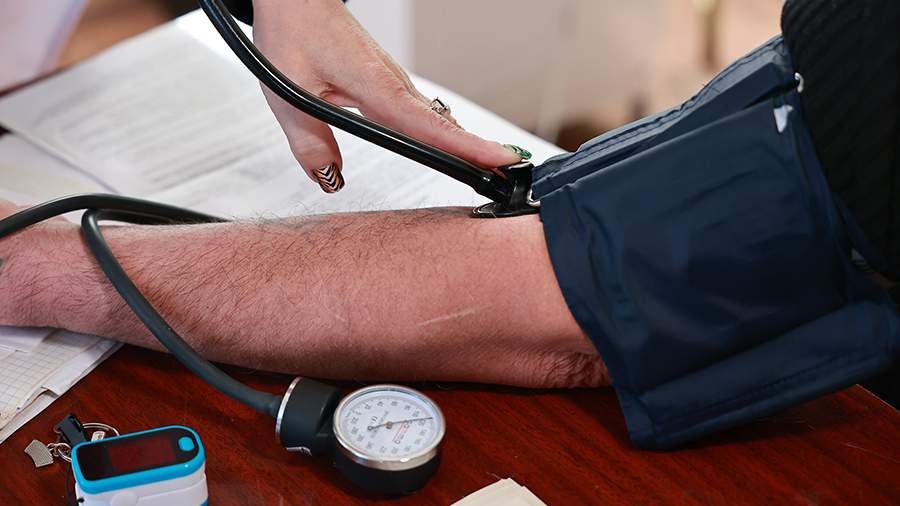The expert warned about the dangers of low blood pressure

A sharp drop in blood pressure can accompany acute surgical conditions, infectious processes, and intensive care situations, including massive blood loss, sepsis, and various types of shock. Irina Volgina, Associate Professor of the Department of Therapy at the Medical Faculty of the State University of Education, told Izvestia on May 20 whether there is a concept of "low blood pressure" in medicine and what can cause this condition.
Earlier, doctor and TV presenter Alexander Myasnikov said that if a person has low blood pressure, it does not need to be specifically increased, since low blood pressure does not exist in medical practice.
Volgina explained that there really is no single diagnosis of "low blood pressure" in the professional environment, and the term itself is used quite freely. Unlike hypertension, hypotension does not have its own clinical recommendations, which complicates the diagnosis and treatment of such conditions.
"And, of course, there are no clinical recommendations for "low blood pressure," so Dr. Myasnikov is right about something, although it is difficult to fully agree with him, knowing what diseases and conditions can lead to a decrease in blood pressure," the doctor noted.
According to her, cardiovascular disasters such as myocardial infarction and stroke are also often manifested by a decrease in blood pressure. Chronic diseases of the heart, kidneys, endocrine system and liver can also lead to persistent hypotension.
"Low blood pressure is dangerous because the nutrition of tissues and organs is disrupted, as a result of which they experience oxygen starvation. If the systolic blood pressure is below 70 mmHg, this may be a signal of a life—threatening condition," Volgina warned.
The expert stressed that the approach to correcting low blood pressure should be differentiated. If a cup of coffee can help with vegetative disorders, then such measures are contraindicated in acute cardiac conditions. In these cases, it is necessary to eliminate the root cause and carry out medical correction.
The expert noted that the clinical guidelines clearly define the boundaries of high blood pressure, while the lower limits of the norm are not set. Doctors are guided by the patient's well-being and his usual indicators.
"In some situations, a slight episodic increase in blood pressure due to stress, diet disorders, and so on can be reduced by rest and sleep," suggested Volgina.
Earlier, on May 6, cardiologist Anastasia Malai, in a conversation with Izvestia, spoke about the dangerous complications of hypertension. According to her, one of the most serious complications of hypertension is myocardial infarction.
Переведено сервисом «Яндекс Переводчик»

